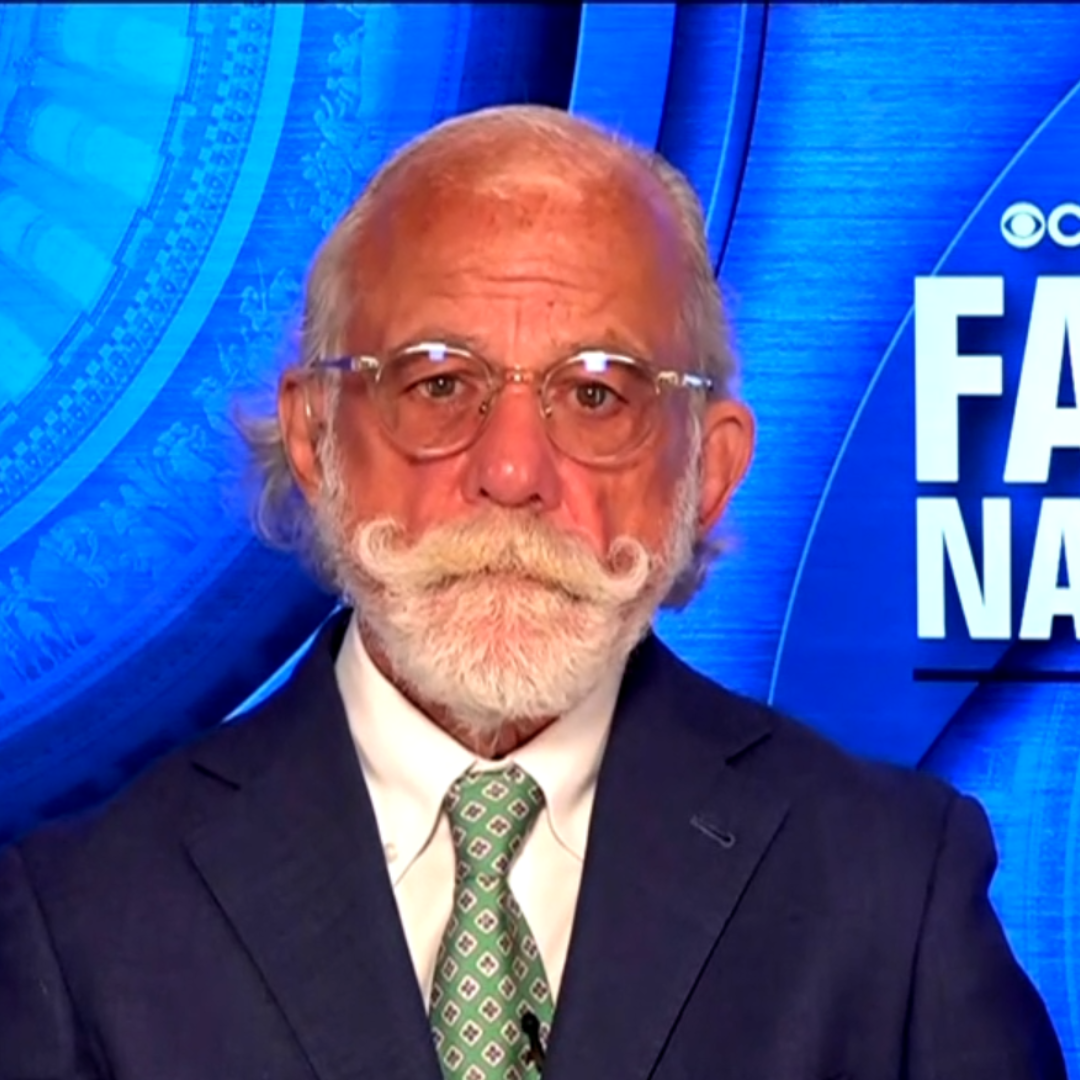Transcript: Ty Cobb on "Face the Nation" Sept. 28, 2025

Insights from a Former White House Counsel on Justice and Politics
In an interview that aired on "Face the Nation with Margaret Brennan" on September 28, 2025, former White House Special Counsel Ty Cobb shared his perspectives on recent developments in the U.S. justice system and political landscape. Cobb served during President Trump's first term and was involved in coordinating responses to the Robert Mueller investigation into Russian interference in the 2016 election.
Margaret Brennan initiated the conversation by asking about the indictment of former FBI Director James Comey, who faced charges related to his testimony about the Crossfire Hurricane investigation. Cobb expressed skepticism about the case’s viability, noting that the grand jury rejected one of the top counts and approved only two others by a narrow margin. He pointed out that the process lacked defense representation and operated under a probable cause standard, which he argued would not hold up in a trial requiring unanimous agreement from a jury. Additionally, Cobb suggested that the case might be dismissed before trial due to its perceived unconstitutional nature.
Brennan pressed Cobb on his characterization of the situation as “wholly unconstitutional and authoritarian.” Cobb explained that while he worked at the White House as a government employee, he was not Trump’s personal lawyer. He emphasized the importance of impartiality in the Justice Department, referencing historical figures like Justice Jackson and Griffin Bell, who stressed the need for even-handedness in legal proceedings. Cobb criticized current actions as politically motivated, suggesting that the Attorney General has abandoned neutrality and is now acting on the president’s orders.
The discussion expanded to include reports of U.S. Attorney’s Offices being ordered to investigate groups funded by George Soros, a Democratic donor. Cobb highlighted a pattern of targeting individuals and entities that have opposed or challenged the administration. He listed several names, including former officials Chris Krebs and Miles Taylor, as well as Special Counsel Jack Smith. The Justice Department’s focus on Fulton County DA Fani Willis’ travel records was also noted as part of this trend.
Cobb described the broader strategy as an attempt to rewrite history, aiming to obscure key events such as the January 6th insurrection, the refusal to transfer power after the 2020 election, and the mishandling of classified documents. He argued that those who opposed the administration are now at risk, emphasizing the need for accountability and transparency.
When asked about the judicial system’s ability to resist politically motivated pressure, Cobb raised concerns about the role of Congress. He pointed to the lack of action by Republican lawmakers and the failure of Congress to check executive power effectively. He cited examples of congressional inaction, such as Mike Johnson’s reluctance to seat certain representatives, as evidence of a weakened legislative branch.
Overall, Cobb’s comments reflect a deep concern about the erosion of institutional checks and balances, urging vigilance in preserving the integrity of the justice system and democratic processes. His insights provide a critical perspective on the challenges facing the U.S. political and legal landscape.
Post a Comment for "Transcript: Ty Cobb on "Face the Nation" Sept. 28, 2025"
Post a Comment